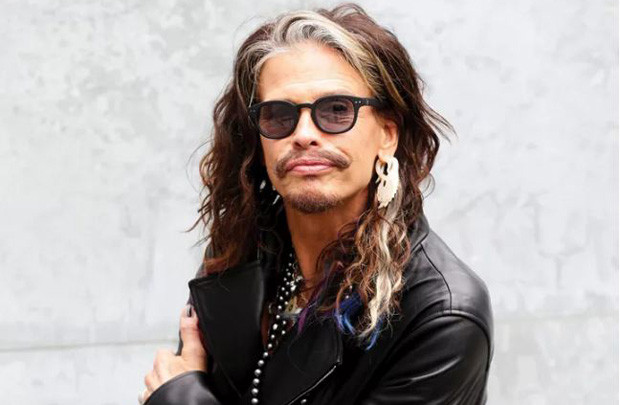The Most Human Rock Moment
Within hours, clips of the duet had spread across social media. Headlines called it “the most human rock moment ever.” Fans from all over the world shared the video, many reflecting on how Aerosmith’s music had helped them through their own struggles. One wrote, “He gave that man the stage — and reminded all of us why we love him.” Another said simply, “This wasn’t a concert. This was church.”
Even younger listeners who’d never seen Aerosmith live were moved. It wasn’t just about hearing Dream On. It was about what happens when a rock legend sets aside the spotlight and chooses connection over performance.
More Than a Duet
For Steven Tyler, the moment went deeper than a random act of kindness. At nearly 80, he knows the wild days of the ’70s, the MTV highs of the ’90s, and the stadium tours of the 2000s are all part of a long legacy. But legacies aren’t built on record sales alone. They’re built on moments like this — moments where music touches lives in ways no chart position ever could.
The fan, later identified as Harold Jennings — a lifelong Bostonian and Vietnam veteran — put it best: “I never thought I’d sing with Steven Tyler. But for two minutes, I wasn’t in a wheelchair. I was flying.”

The Song That Never Gets Old
Dream On has always been Aerosmith’s anthem of resilience — a song about holding on when life feels heavy. That night in Boston, it became more than a lyric. It became proof. Proof that music doesn’t just entertain; it heals, it lifts, it unites.
When the last notes faded and the lights dimmed, fans left knowing they had witnessed more than a concert. They had witnessed a story — one that will be told for years. The night Steven Tyler shared his mic, his stage, and his dream with a man who needed it most.
Boston came for nostalgia. Instead, they left with history — and a reminder that even after half a century, Steven Tyler can still make the whole world dream on.
